We're trying something different - SmashnSplash 5 To Run Waterfall Swiss Bracket
Smash’N’Splash has been a tournament of growth ever since its first iteration. Humbly beginning with 256 Melee entrants and 179 Smash 4 entrants, its fifth iteration is now a Smash Ultimate PGR S-tier event for with over 1,200 entrants. That with registration still open for two weeks.
Its growth can be attributed to being a tournament of the people. Smash'N'Splash has consistently responded to criticism and suggestions for future iterations. This ranges from freeing miis and banning Cloud in doubles, to changing venues and adding commentary applications. In addition, Smash’N’Splash has used round robin brackets for its main events since its second iteration in 2016. This format allows every player in their initial pool to face off against every other player in their pool. For lower level players, this guaranteed an opportunity to play against the top level seeds: a chance rarely seen for players who may go 0-2 at double elimination events. This was against the norm of nationals and major tournaments which generally ran a double elimination bracket for the entire event. It was something that made Smash’N’Splash special.
On December 22nd, 2018, Smash’N’Splash announced that they would not be running Round Robin for Smash Ultimate, Melee and Project M. For months, the event organizers and tournament organizers have been silent about the format of pools. They continually offered new events, an overnight venue, ladder events, and other popular additions to their tournament, but none of these gave the same experience as the official tournament format being round robin.
Today, Smash’N’Splash announced their tournament format. It will be a "Waterfall Swiss" bracket that requires a bit of explanation on to what that even is. To help, the head Smash Ultimate tournament organizer of the event, PG dB | Jaaahsh, created a video to explain exactly what this bracket format means for players.
That’s a lot to handle at once. This will be the first ever premier smash tournament to run a Waterfall Swiss bracket. I got the chance to speak with Jaaahsh, about this brand new development and explain exactly how he and the Smash’N’Splash staff decided to try out this bracket format.
First thing’s first, Jaaahsh. Whoa. It has been months since the Round Robin announcement. How does it feel to finally be able to publicly announce what the bracket format is?
You cannot imagine how difficult it has been keeping all under wraps! I want to, before anything, recognize GHQ | Aaron who has been tirelessly doing every imaginable iteration to make sure this sort of exciting undertaking was possible to begin with. He’s been pulling double-duty as the Head Melee T.O and basically the godsend of Smash’N’Splash logistics, so he deserves all and every possible praise available to him. I got to take the fruit of all his work and plan for an amazing time, so I can’t imagine the relief —and hopefully, the sense of success—he feels now that this announcement has happened.
Waterfall Swiss sounds absolutely nutty and unique. What is it that inspired you and the Smash’N’Splash staff to go with this bracket format over the established Double Elimination format or Round Robin?
Immediately after SNS4, which ran round-robin amidst a huge number of complications, it was pretty clear within the staff that continuing to run round-robin structures was unsustainable for the future of the event. Round-robin doesn’t scale like most other tournament formats; you can’t simply add 20% more setups when you get 20% more players, and I think we were playing with the upper limits of the format last year with the resources we had.
There were an earnest few months in which it seemed likely that we’d follow suit with nearly every other major and just go toward double-elimination as the core structure to pools. This seemed so soulless for an event that had prided itself on being just a bit different from our peer events, and the core staff labored to make sure we could deliver something that kept the SNS quirk alive. When the idea of Swiss pools came up, we realized it combined nicely with Waterfall structures, which Smash N64 at SNS had championed for years, so the mathematicians amongst us got to work.
This is the first SNS that's a Smash Ultimate PGR S-Tier event and you’re trying out a format that's never been done for a premier smash event before. Why now?
This is the first Smash’N’Splash that will see Smash Ultimate, the enormously popular title that has taken all of the popularity and excitement of Smash for Wii-U and practically quadrupled it. We knew, for sake of both newer players and veteran players who were coming to SNS, we needed to deliver something that would wow the full spectrum of players, and, grouped with SNS’s huge event roster, its overnight offerings and this dynamic, novel bracket structure, I think we’re building something that carries the SNS legacy strongly.
Double Elimination is often sought after because it’s considered the fastest and most efficient bracket format for large events. How do you plan on running Smash’N’Splash on time with so many players and matches going on?
With huge bracket structures comes huge logistical needs, and we have spent the better part of 2019 building up resources to ensure that a tournament structure like Waterfall Swiss can function seamlessly on the ground. We’ve amassed 150 Smash Ultimate setups for the event, which means we have one setup for every ten projected attendees—this astronomical number allows us to run 24 matches in a 48-person pool simultaneously. This destroys the main reason fighting game organizers feel anxiety about Swiss in pools.
How are you going to be training staff to run this bracket format? This doesn’t sound like something you can simply grab a volunteer to run.
Smash’N’Splash has always been a little different in this regard, for sure, and we recognized after last year’s volunteer staff difficulties that a huge number of folks want to enjoy SNS to the fullest, and that may mean they don’t feel inclined to volunteer with the same gusto that they do at other events. How can I blame them—after all, we run a ridiculously fun event!
"The weird-seeming bracket structure will be a breeze for everyone who plays in Ultimate, Melee or PM Singles."
This year, we’re trying something different, and I’m very excited about how closely it ties in with fostering local communities in the Midwest and beyond. Instead of amassing a tournament staff of dozens of folks to help run pools, each game will have a dedicated staff consisting of local and regional level event runners that will be specially trained in the Waterfall Swiss format. For Smash Ultimate, which I can speak to most readily as the Head TO, I will get to lean on a great group of around a dozen fellow organizers who have done everything from run 100-person weeklies to helping construct the largest events in the world. I’m excited to learn from them just as much as I’m excited to lead them, and I’m confident that, with this savvy squad, the weird-seeming bracket structure will be a breeze for everyone who plays in Ultimate, Melee or PM Singles.
For all those folks who normally like volunteering at majors, we will have a volunteer form out to help fill some traditional volunteer roles—data collection for Smash Ultimate, Doubles pool captaining, etc.
A common complaint from top players I’ve seen about round robin or swiss bracket formats is that it’s too many matches and exhausting for the players. How, if at all, do you plan to address this kind of complaint or backlash?
What’s awesome about this bracket structure is that it effectively gives a top player only a slightly different experience than they’d normally get, all while giving a less-adept player a huge opportunity for growth and development. Consider a regular 32-person double-elimination bracket that has 4 players make it out of pools. For the first seed in that pool—who likely 2-0s everyone in their path—they have to win four matches to make it out; in our structure, depending on the game, they’ll only need to win one additional match, and it will put them at an advanced spot on day 2 when they do.
For the player that often doesn’t place well, however, this structure gives them the chance to play against five different folks from across the world, and, after round 2 or so, pairs them specifically with folks in their pool that are performing at a similar level to them, opening the door for them to make connections with others at their level for mutual advice and productive conversation.
What sort of mindset do you want players to have when they see this vastly different bracket from what they are used to seeing.
Earnestly, I welcome the huge spectrum of reactions that players will have to this event structure. To the players that feel overwhelmed by the explanations we’ve provided, I want to promise that the combination of pool captains and their smash.gg dashboard will be their best resources—show up to your pool on time and follow the instructions given. To those who are doubtful of an event like ours successfully pulling off this sort of spectacle, please look forward to being pleasantly surprised.
What kind of responses do you expect from all kinds of players regarding the Waterfall Swiss bracket?
Being honest, I’ve already tested the waters for this announcement within Down B Collaborations, the organization I help run in Minnesota. We have a great variety of folks involved in the organization—from the astute, sharp Jackie Peanuts to the sometimes aloof yeti—and I’ve been very satisfied with how clearly each of them has understood how Smash’N’Splash is running its biggest singles events this year from my video and from the other explanations dropped by the staff.
Is there anything else you want the Smash’N’Splash attendees, T.Os, and the smash community at large to know about Waterfall Swiss and your decision to run it?
I want to assert—as I always do when asked about my decisions as an event runner—that everything I do is motivated by a desire to see every single player enjoying themselves as much as I can make happen. Be open with us, before, during and after the event—tell us what you like and dislike about our decisions and our event. The very idea of this bracket structure came about because the players who came to SNS4 were very honest with us, and we heard the heartbreak about the loss of round-robin pools. We hope Waterfall Swiss will serve as a unique, engaging way to serve players of all levels while also setting Smash’N’Splash up to be the home of ridiculously strong Smash competition as it has been for many years.
-
Thank you Jaaahsh for doing this interview! As a competitor, I am already excited about Smash'N'Splash and the potential of the Waterfall Swiss format.
Smash’N’Splash 5 will be taking place on May 31st-June 2nd. Along with the main events, Smash Ultimate, Melee, and Project M, there will be over twenty other tournament events including overnight exclusive events.
Competitor registration is open until May 20th. Make sure to organize travel plans as the official room blocks at the Kalahari are already filled and the Great Wolf Lodge is nearly full.
This blog post was written by a SSB World community member. Share your Smash 4 knowledge by creating your own blog post now.
You must log in to comment.

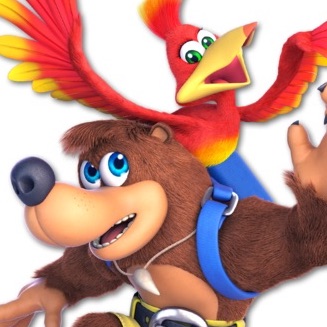
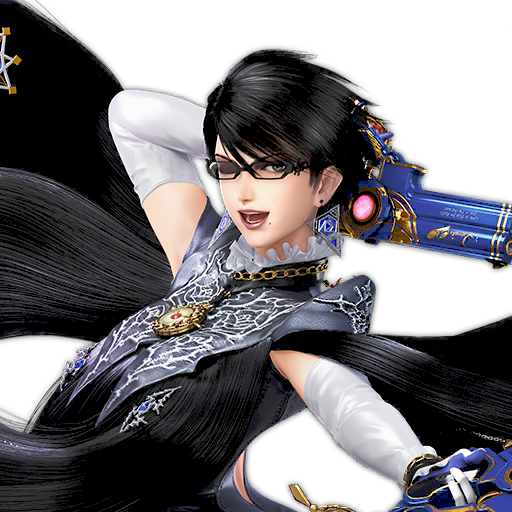
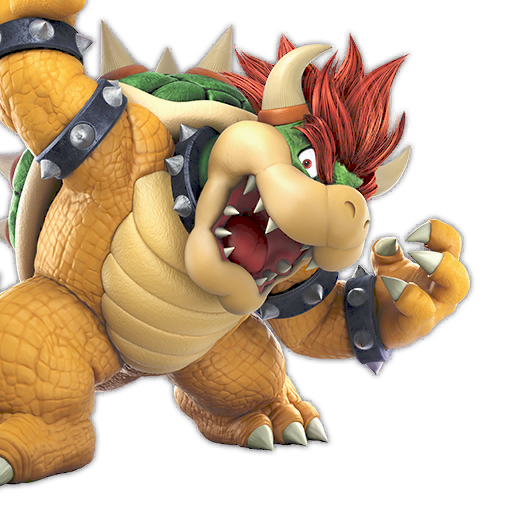
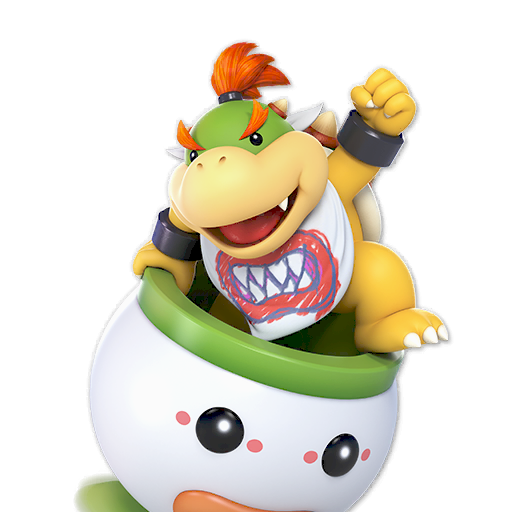
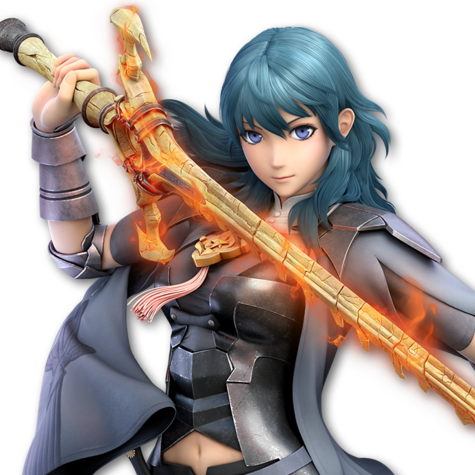
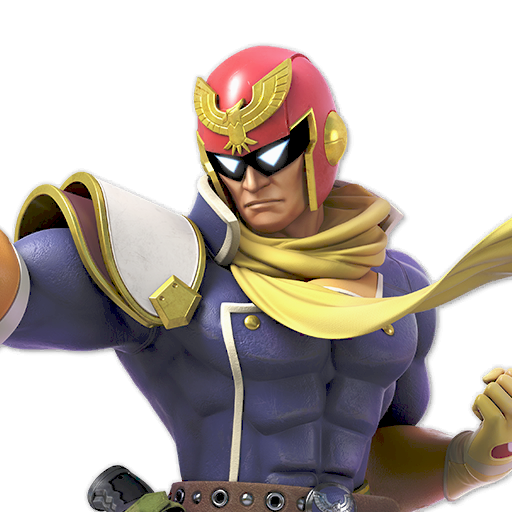
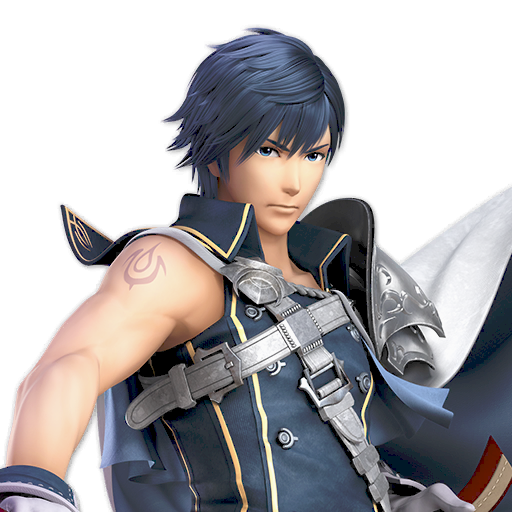
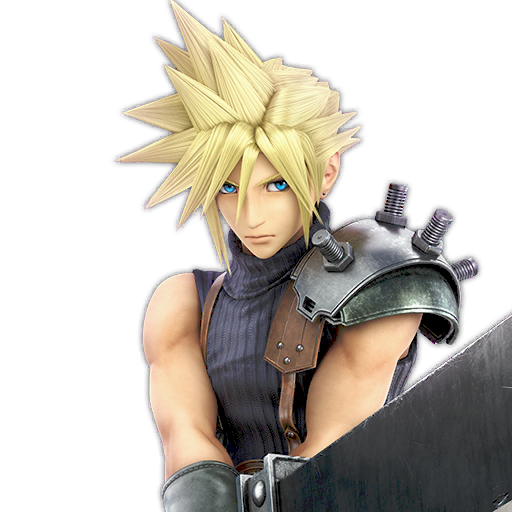
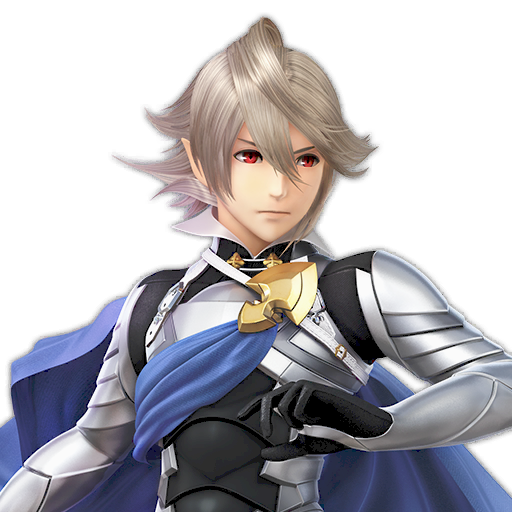
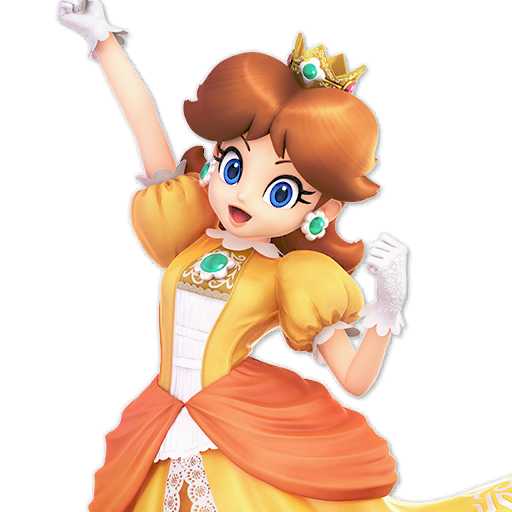
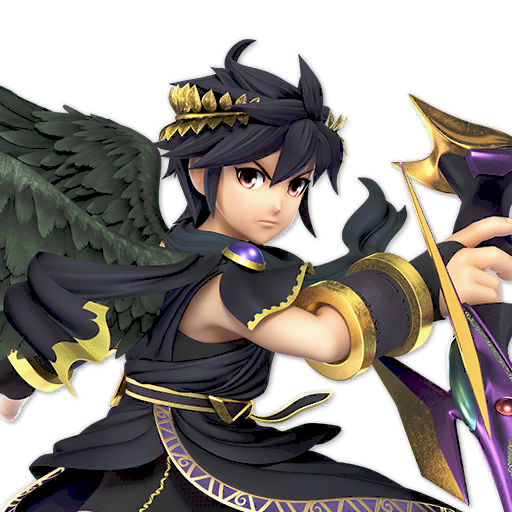
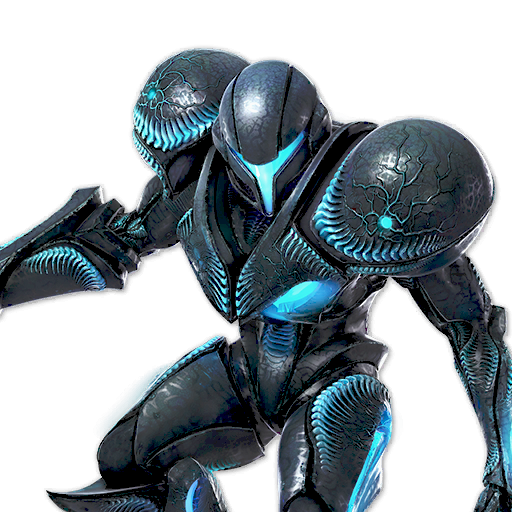
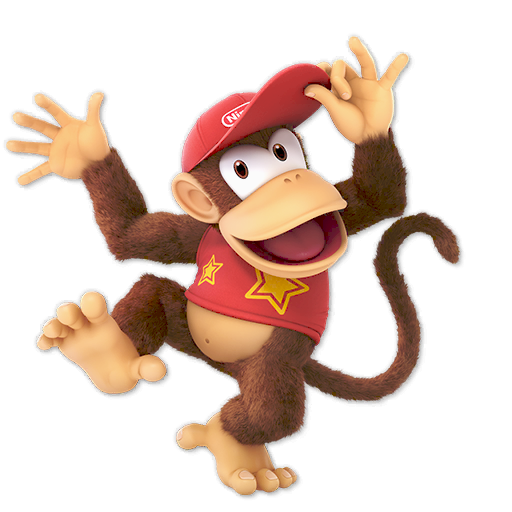



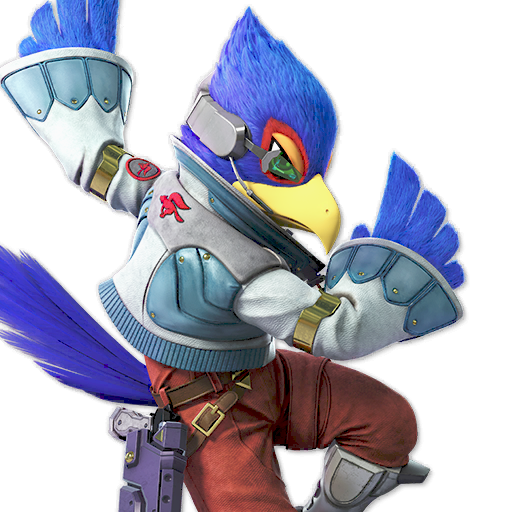

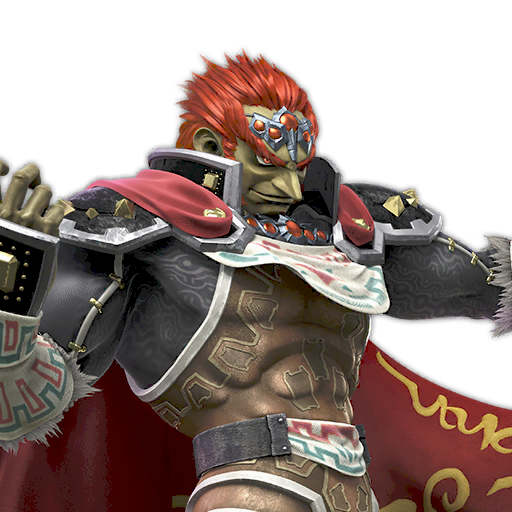
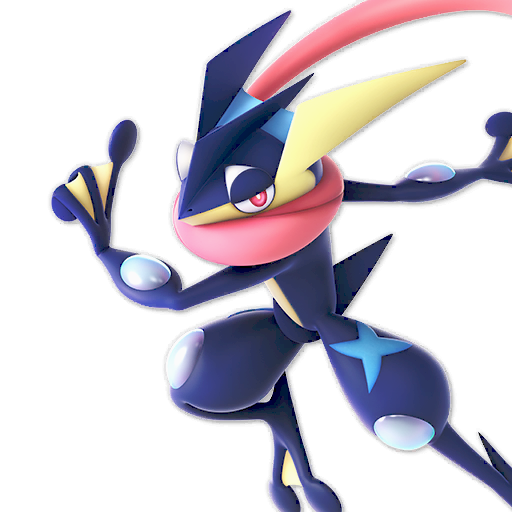


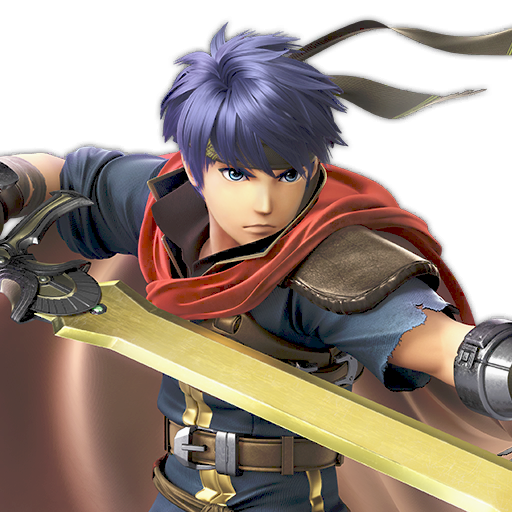
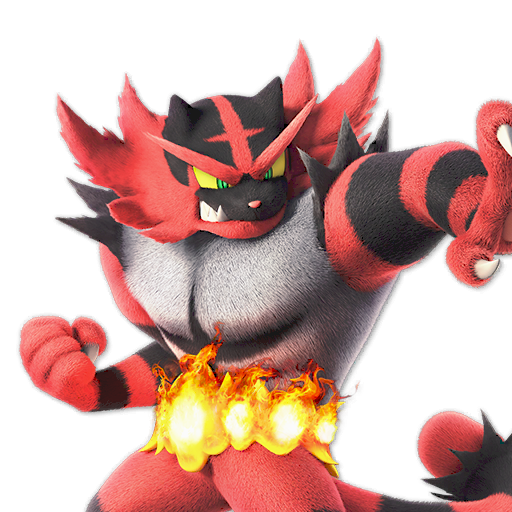


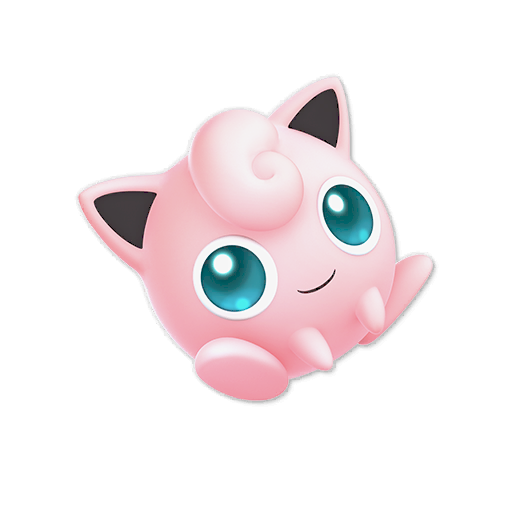

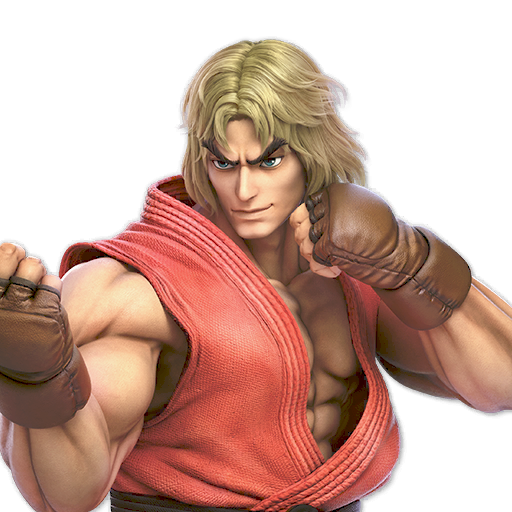
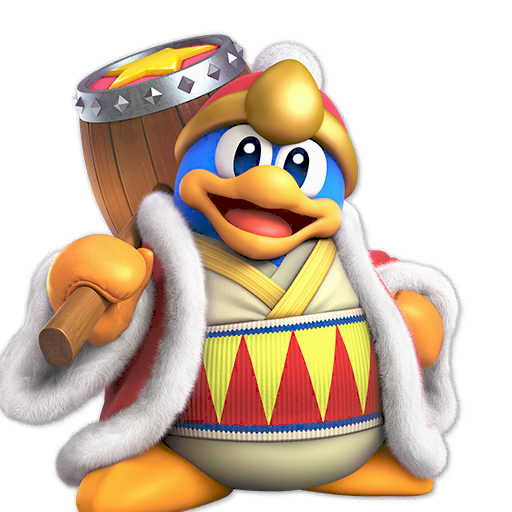

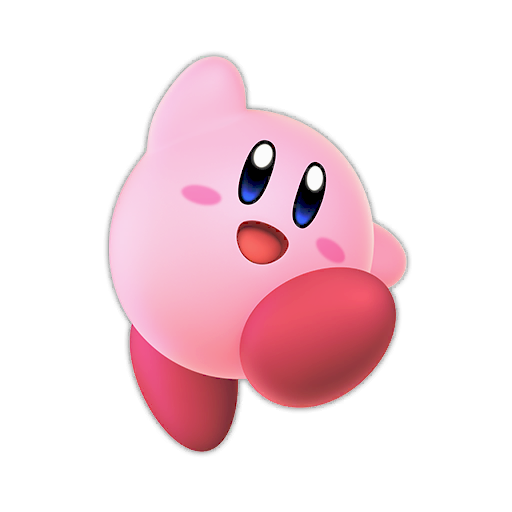
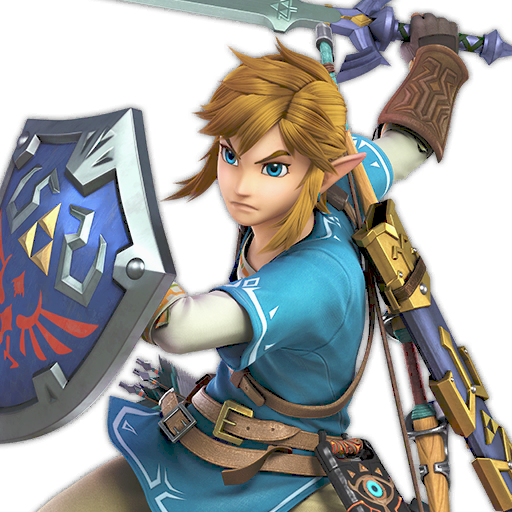

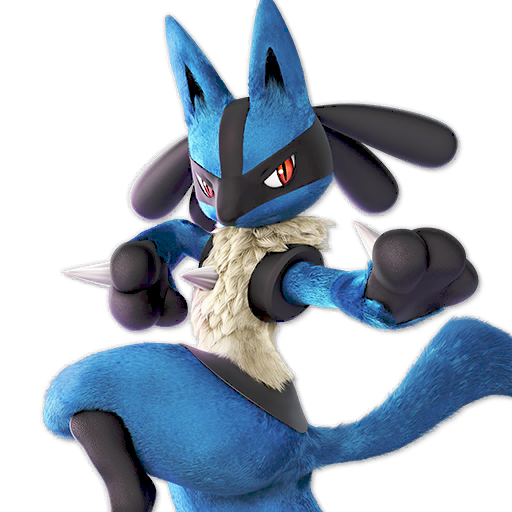

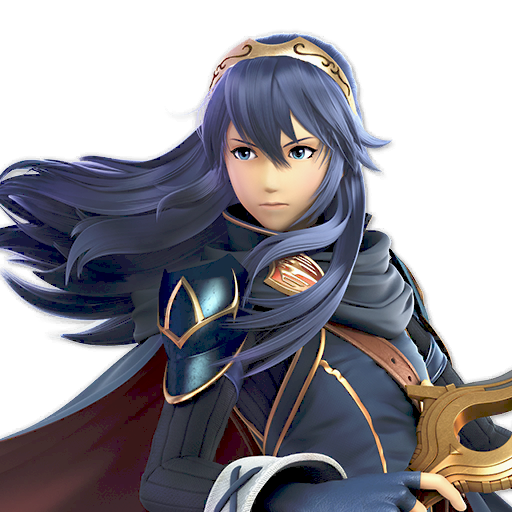
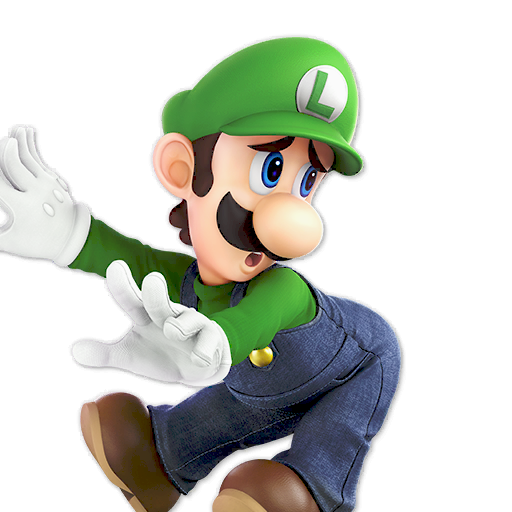
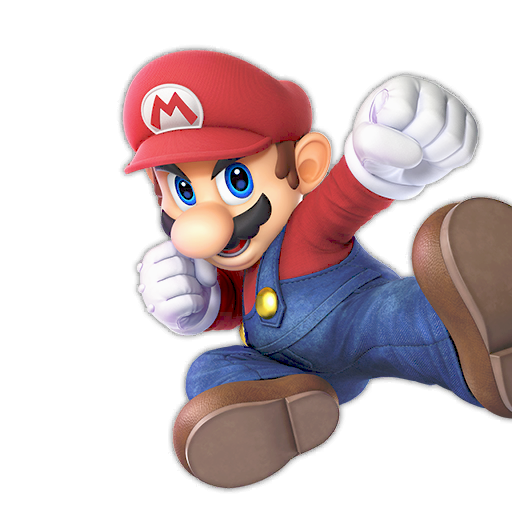
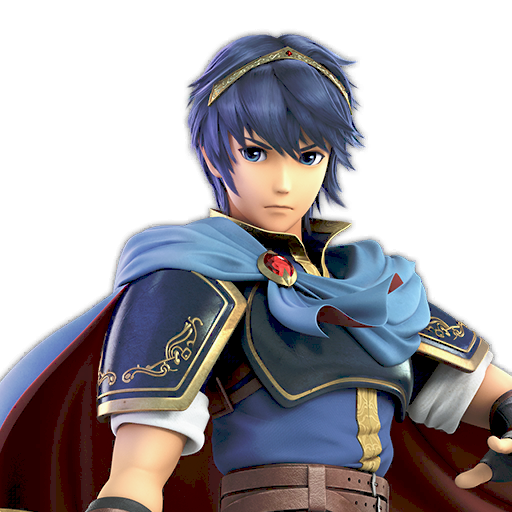
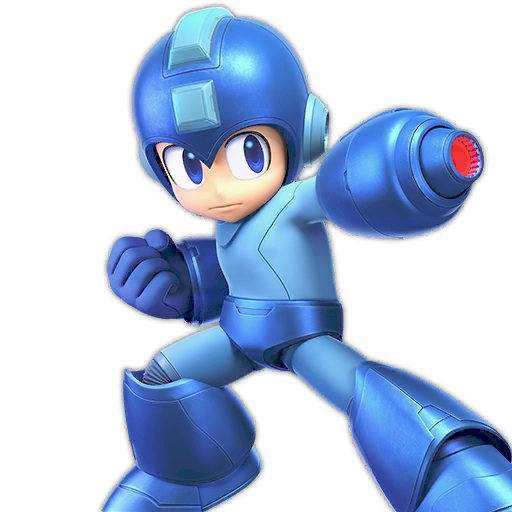
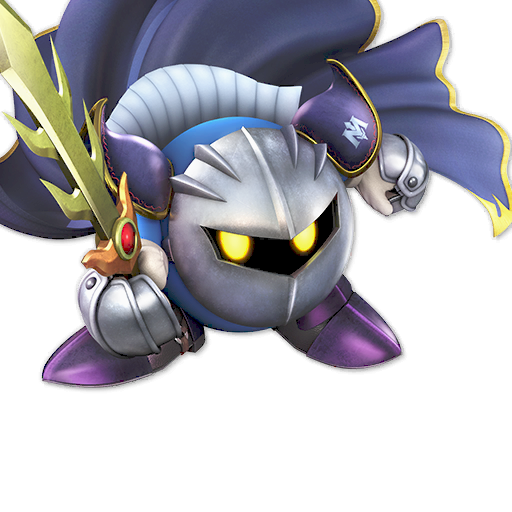
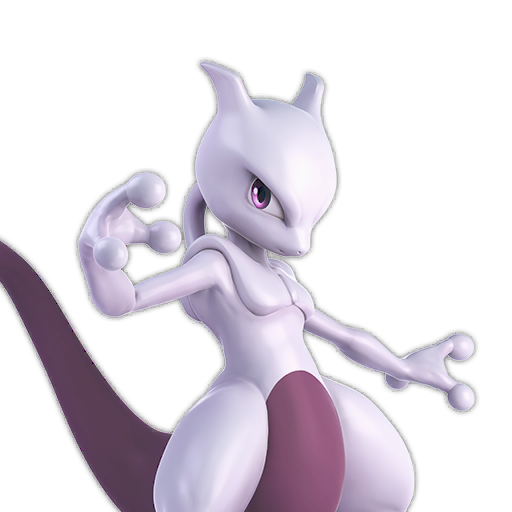
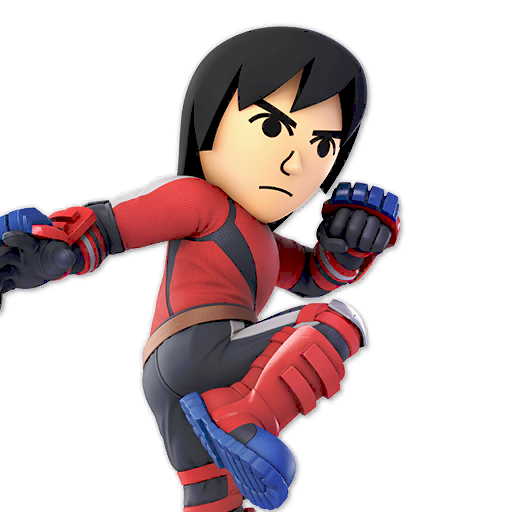
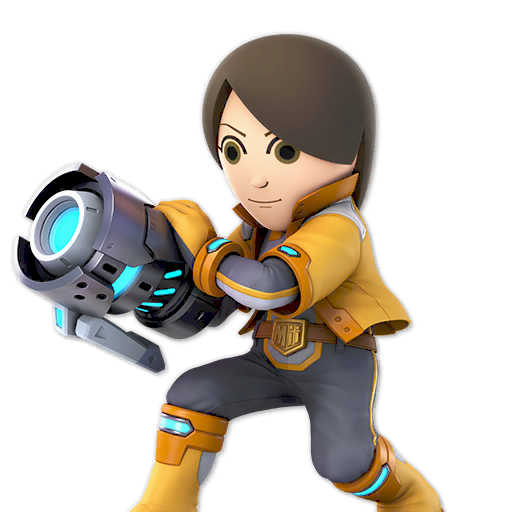

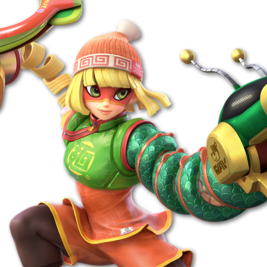
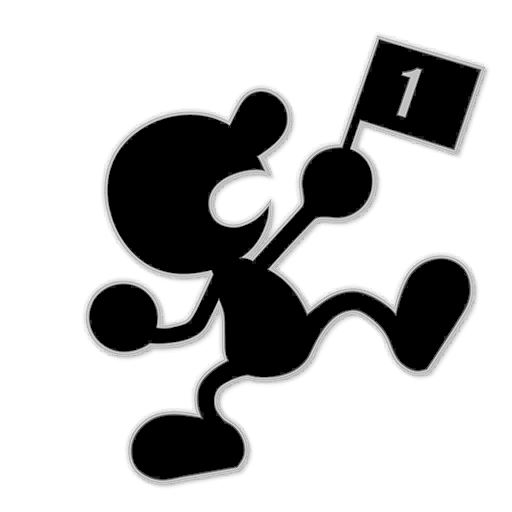
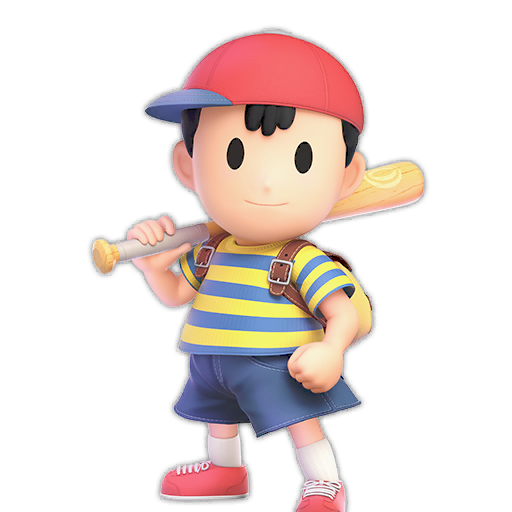
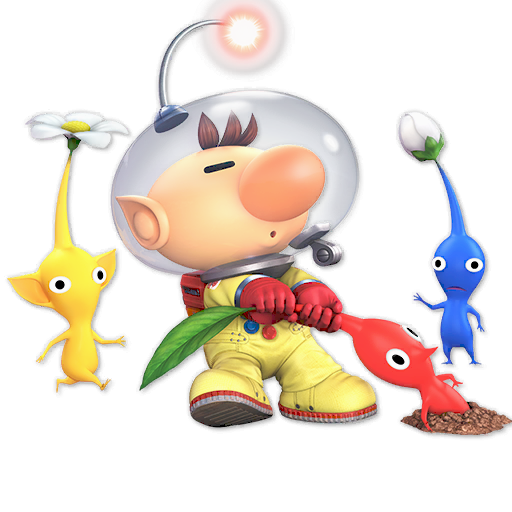
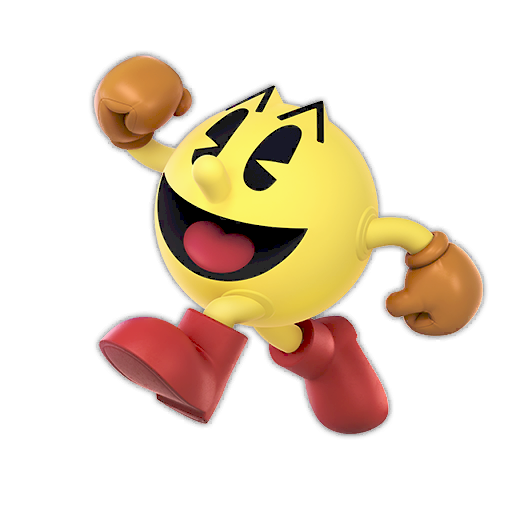

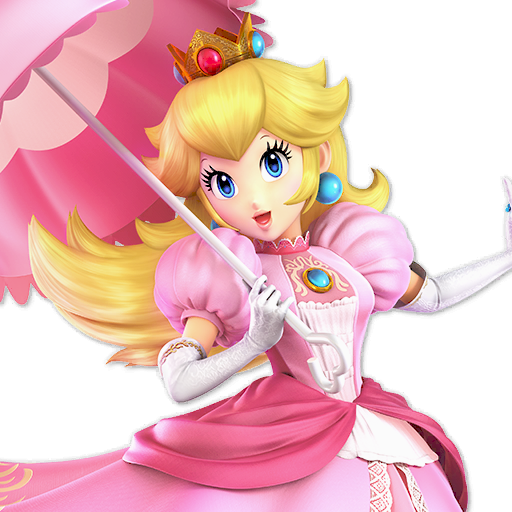

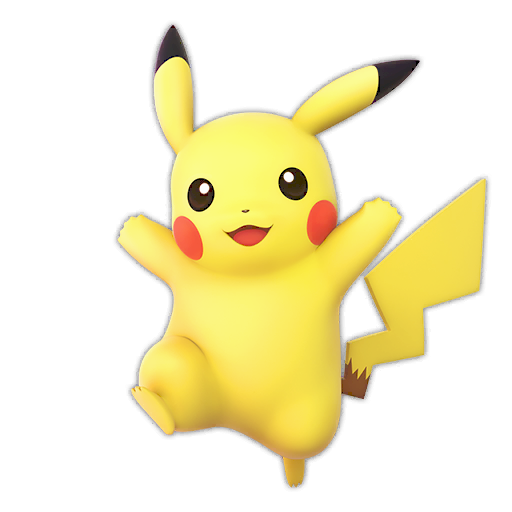

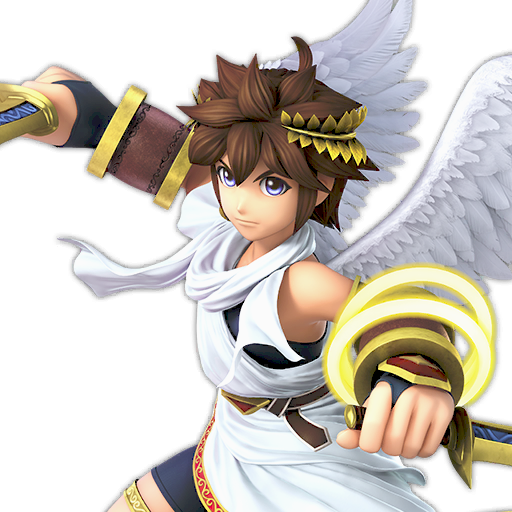
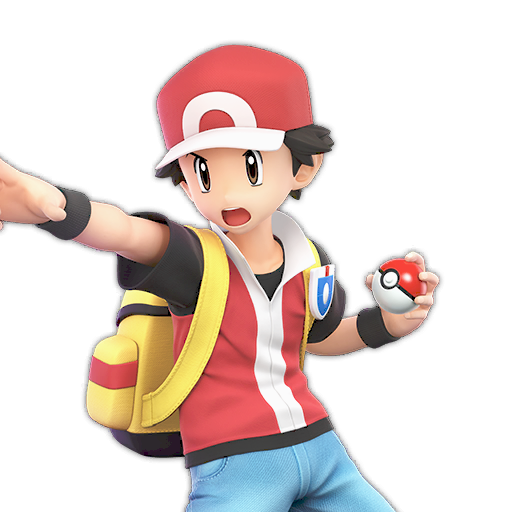
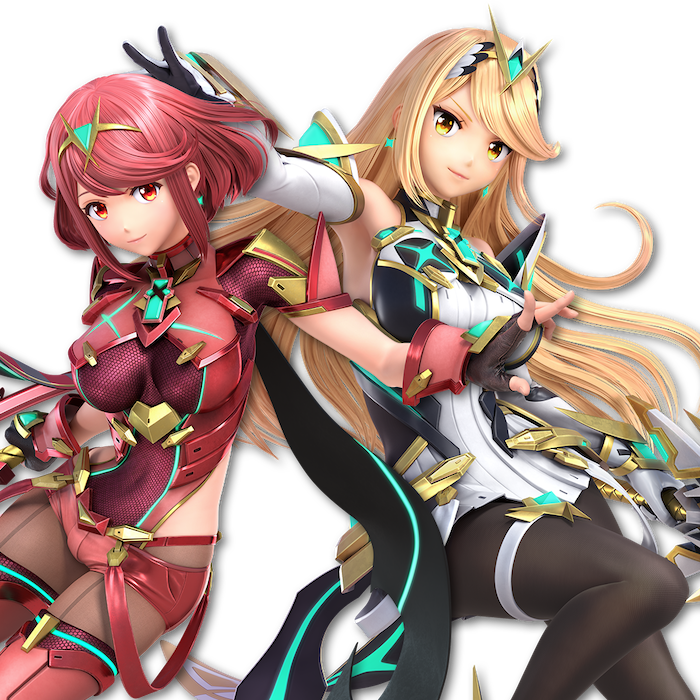

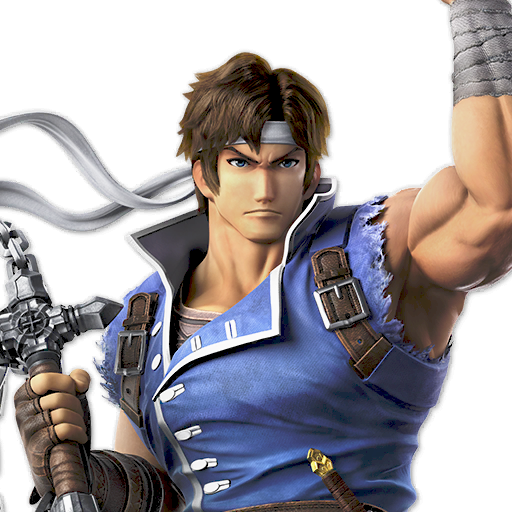


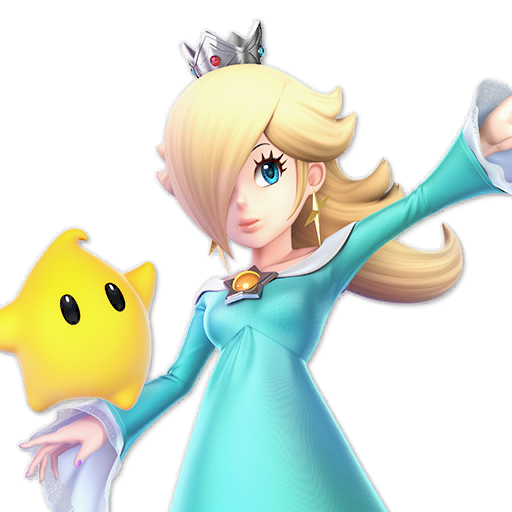
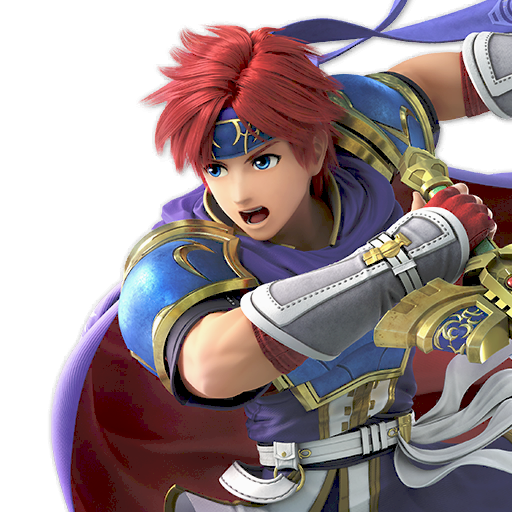
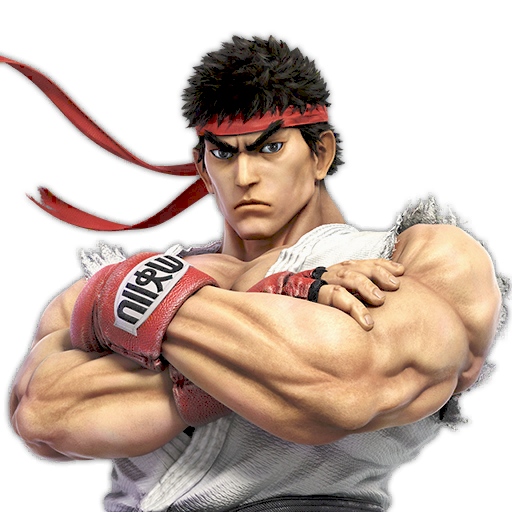
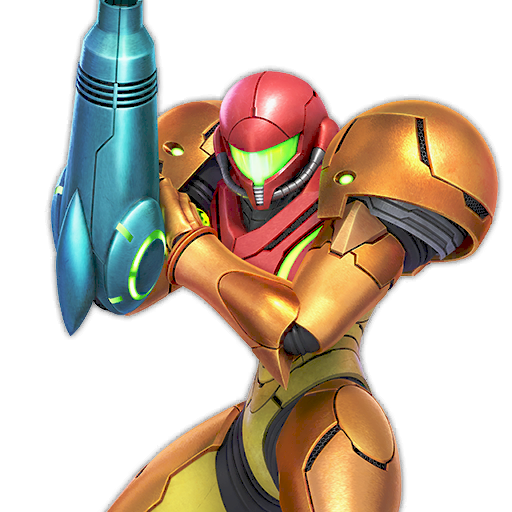
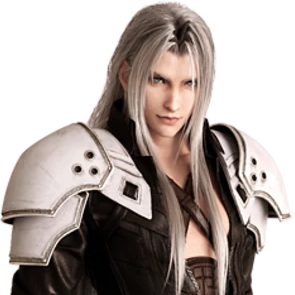

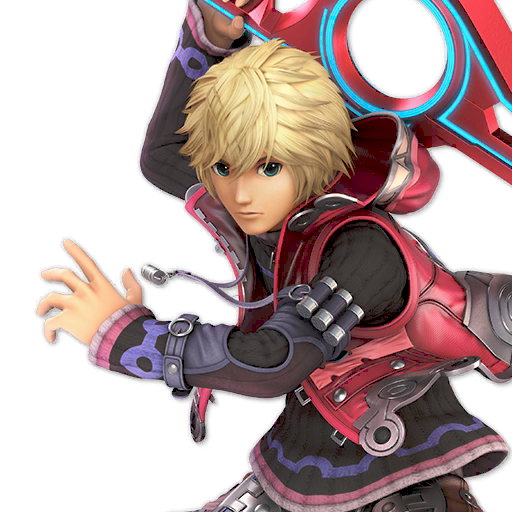
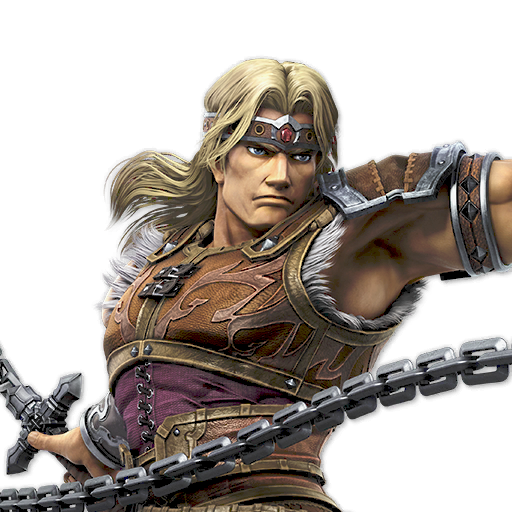
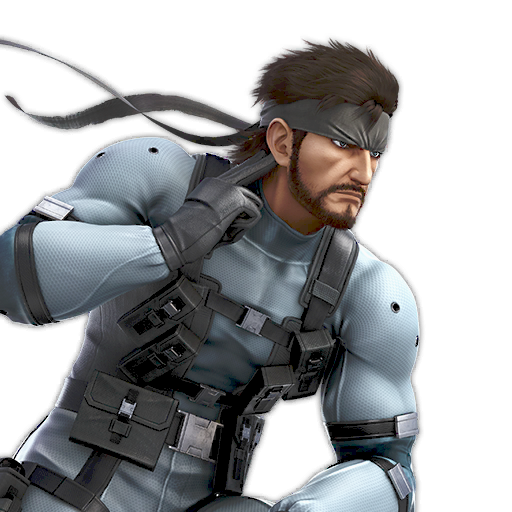
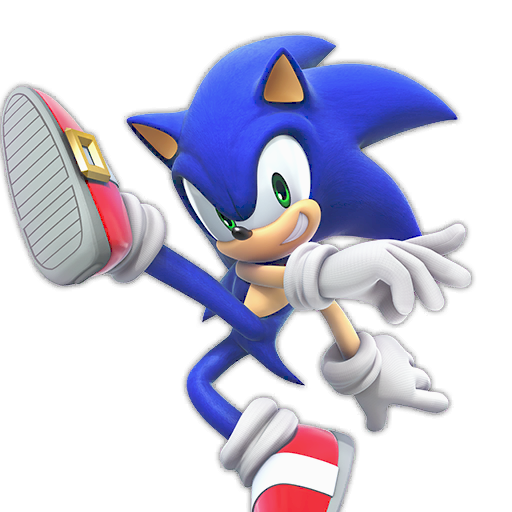
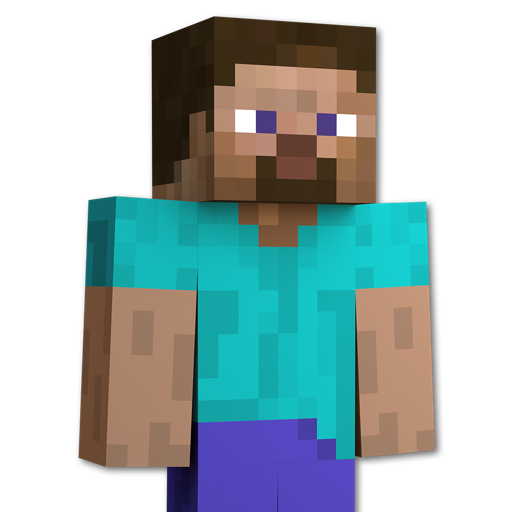
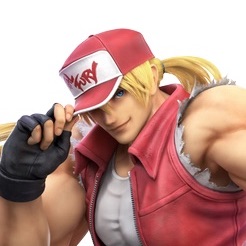
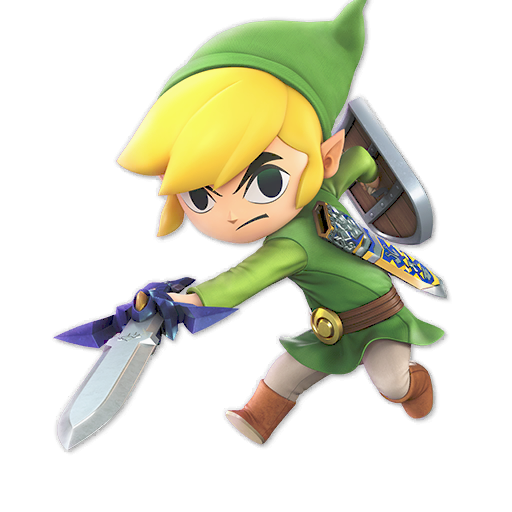
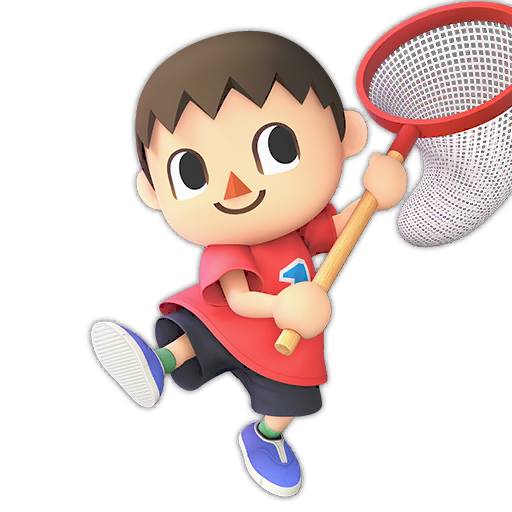
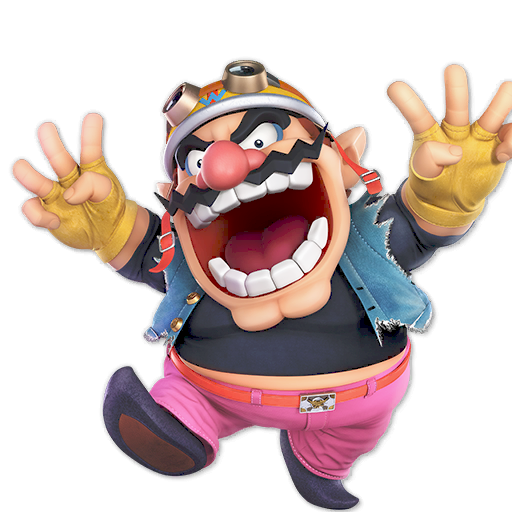



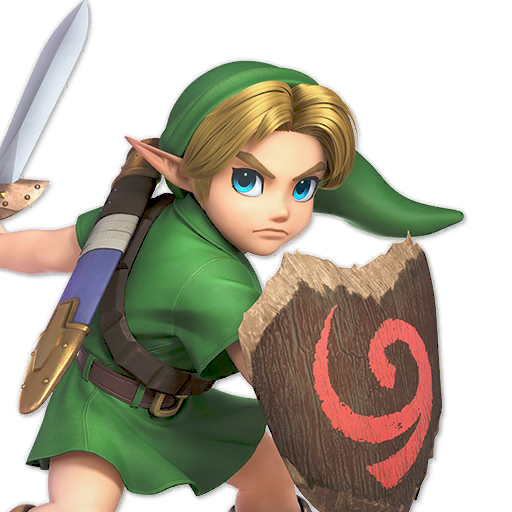
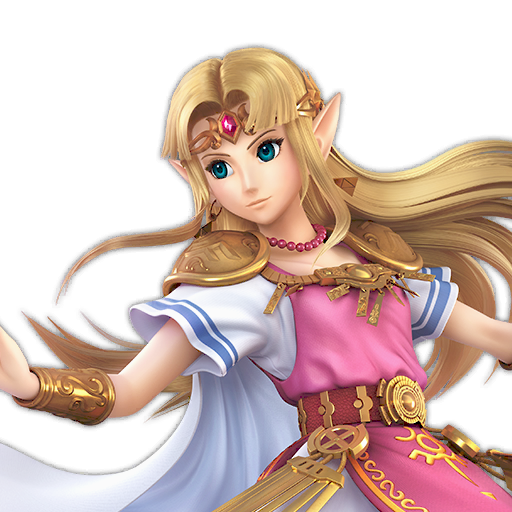
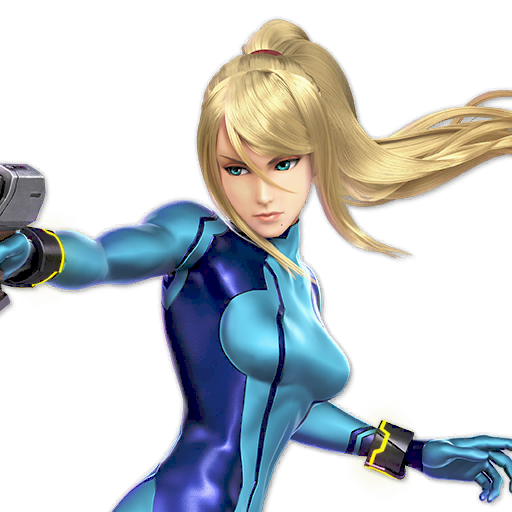
Comments